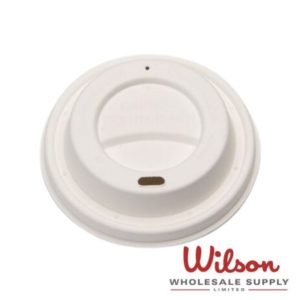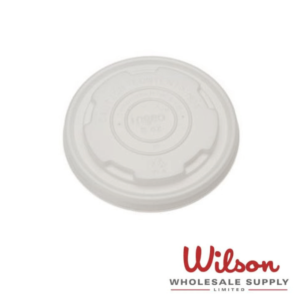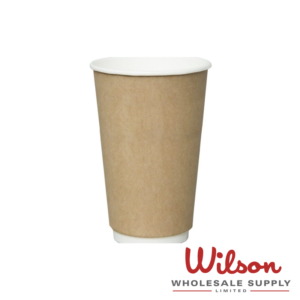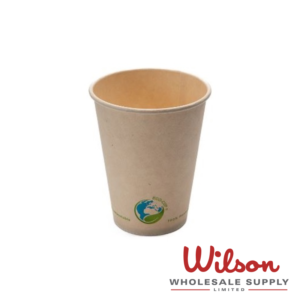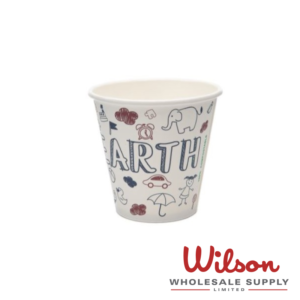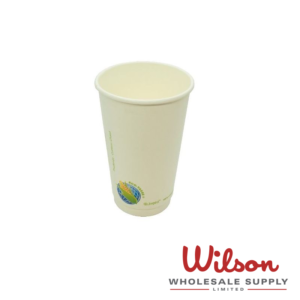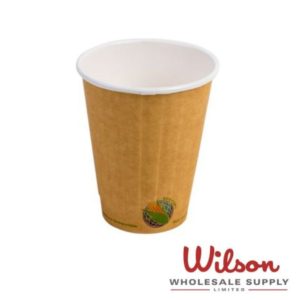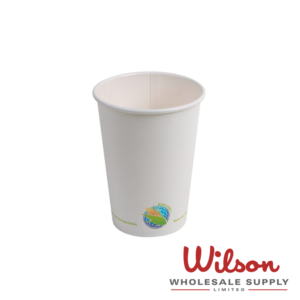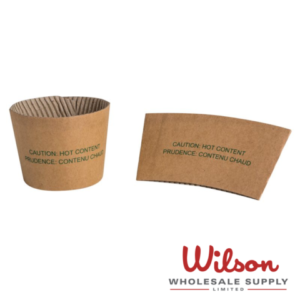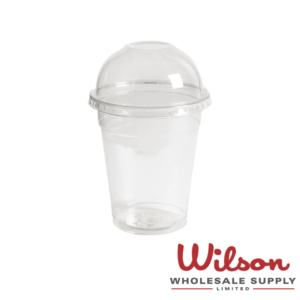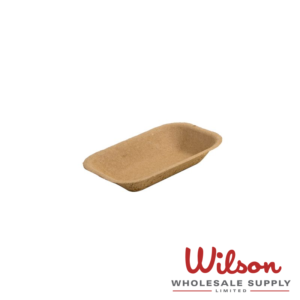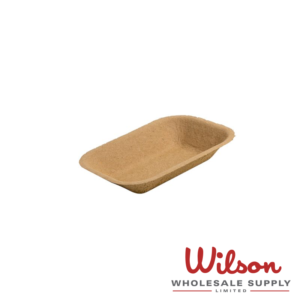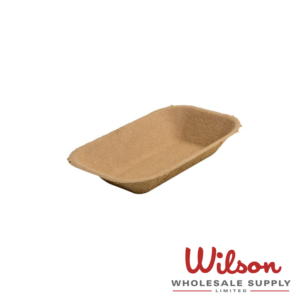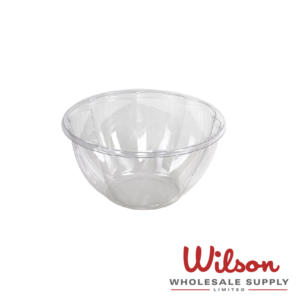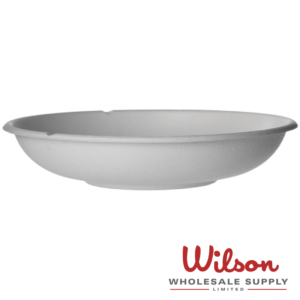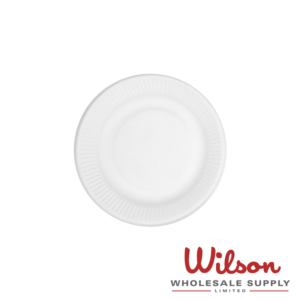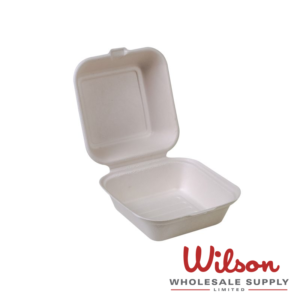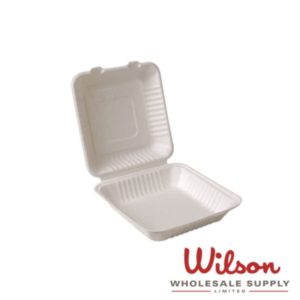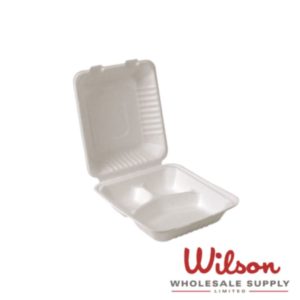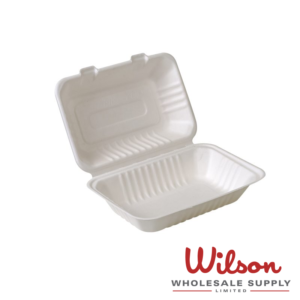Compostable Hot Cups
Compostable Hot Cups
Looking for a biodegradable and compostable coffee cup? Look no further than our selection of eco-friendly cups made from bamboo fibre, paper or other sustainable materials. Our Double Wall Bamboo Fibre Cup is durable and insulated, perfect for hot or cold drinks. The Kraft Compostable Bamboo Fibre Hot Cup is a great choice for coffee or tea, and the compostable Insulated Hot Cup keeps drinks hotter for longer. For a stylish and sustainable option, try the Double Wall Hot EcoCup, made from recycled paper and biodegradable PLA. And don’t forget the Insulated Paper Cup Sleeves, used with 10oz-20oz Hot Cups, to keep your hands comfortable while you enjoy your beverage. All of our compostable coffee cups are available for FREE Local Delivery in the Fraser Valley when you shop with Wilson Wholesale Supply!
Wilson Wholesale Supply offers FREE Local Deliveries in the Fraser Valley!!!

As the demand for sustainable practices increases, more businesses are turning to biodegradable and compostable coffee cups. These cups are made from natural materials like bamboo fibre and paper, and they will break down naturally over time. Compostable coffee cups are a great choice for businesses that want to reduce their environmental impact, and they can be used with existing recycling facilities. Insulated paper cup sleeves are also available to keep drinks hot without the need for additional plastic or foam. Wilson Wholesale Supply offers FREE local deliveries in the Fraser Valley on every item, making it easy to switch to compostable coffee cups.
Compostable Hot Cups & Compostable Coffee Lids
Showing all 11 resultsSorted by average rating
-

Hot Cup Lids
-

Fibre Coffee Lids
-

Compostable Lid
-

Premium Take Out Coffee Cups for Every Sip
-

Double Wall Bamboo Fibre Cup
-

Compostable Bamboo Fibre Hot Cup Kraft
-

8oz Kid Cup – One Earth
-

Compostable Double Wall Hot EcoCup
-

Compostable Insulated Hot Cup
-

Compostable Paper Hot Cup
-

Insulated Paper Cup Sleeves
Check Out Our Related Products
-

Food Processor Canada
-

RPET Cool Cups 9-32ozs
-

#100 Earth Pulp Tray
-

#200 Earth Pulp Tray
-

#300 Earth Pulp Tray
-

16oz Compostable Salad Bowl
-

40oz Compostable Sugarcane Bowl
-

6″ Round Bagasse Plate (Ripple)
-

6x6x3 Compostable Sugarcane Clamshell
-

8x8x3Compostable Sugarcane Clamshell
-

8x8x3Compostable Sugarcane Clamshell 3 Compartment
-

9x6x3 Compostable Sugarcane Clamshell
People Also Ask
Q: Are compostable coffee cups recyclable?
The materials and linings used in these cups are different from those in regular recyclable items, and they can contaminate the recycling stream. The most suitable disposal method for compostable cups is in a compost bin where they can degrade naturally.
However, it’s always advisable to check with local waste management policies for specific disposal guidelines.
Q: What to do with compostable coffee cups?
Q: Are biodegradable coffee cups recyclable?
The best way to dispose of biodegradable cups is to compost them, provided you have access to a composting facility or a home compost system. As with any waste management query, it’s a good practice to consult local waste disposal guidelines for specific instructions.
Q: Are compostable coffee cups really compostable?
Home composting systems may not always provide the necessary conditions for these cups to break down efficiently, so it’s advisable to check if your local waste management services include industrial composting that can handle such materials.

